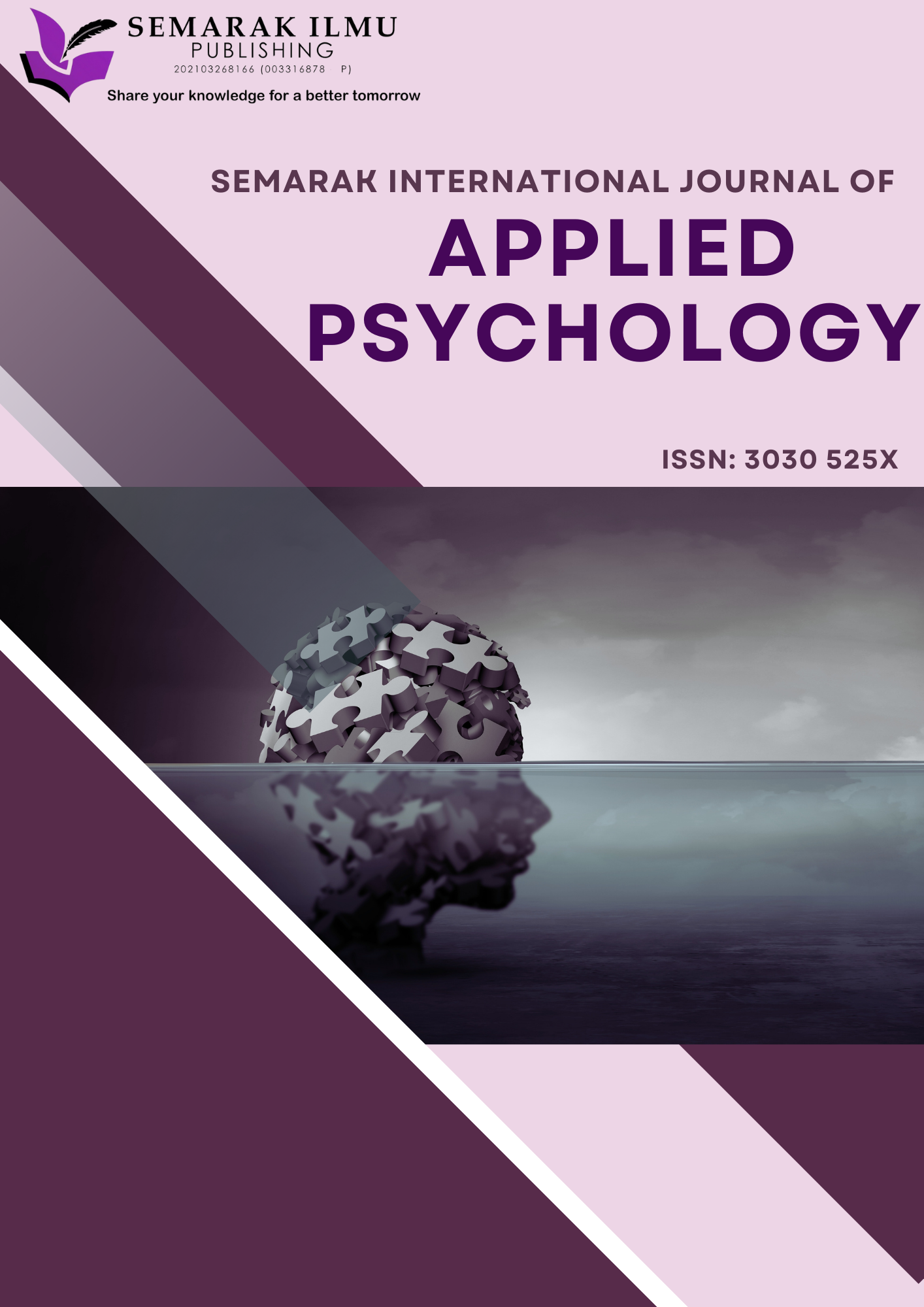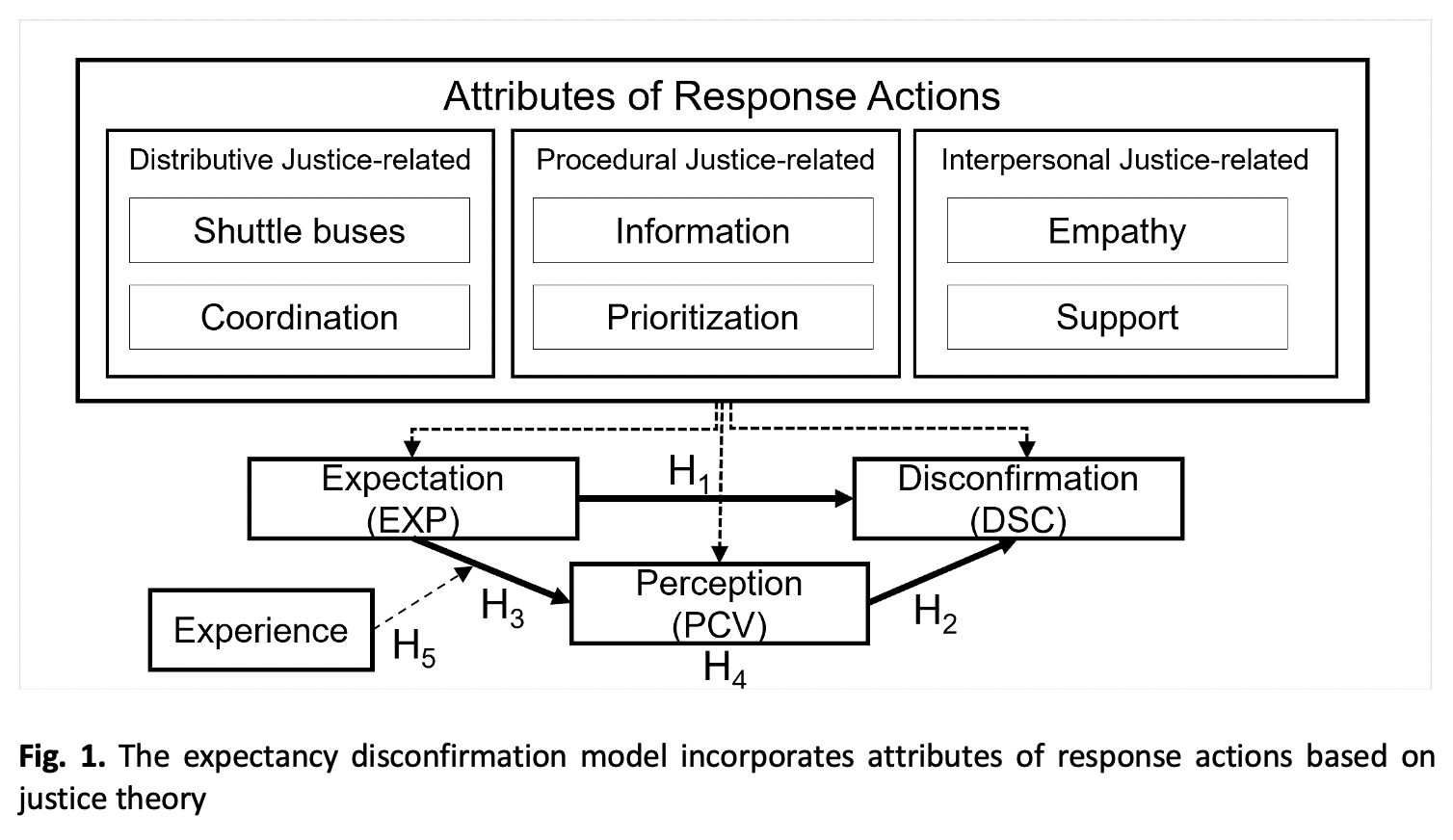
cover
THE PUBLISHER
INDEXING AND ABSTRACTING






Semarak International Journal of Applied Psychology (SIJAP) is licensed under a Creative Commons Attribution-NonCommercial 4.0 International License.
AIMS AND SCOPE
The Semarak International Journal of Applied Psychology (SIJAP) is a gold open-access, double-blind refereed academic journal which aims to promote high-quality research and reviews articles in all areas of psychology. SIJAP publishes research topics within the broad scope of psychology in education, workplace and environment.
DISTRIBUTION OF AUTHORS
Malaysia, United Kingdom, Pakistan, Samoa, Saudi Arabia, Bangladesh, Indonesia, Japan, Vietnam



